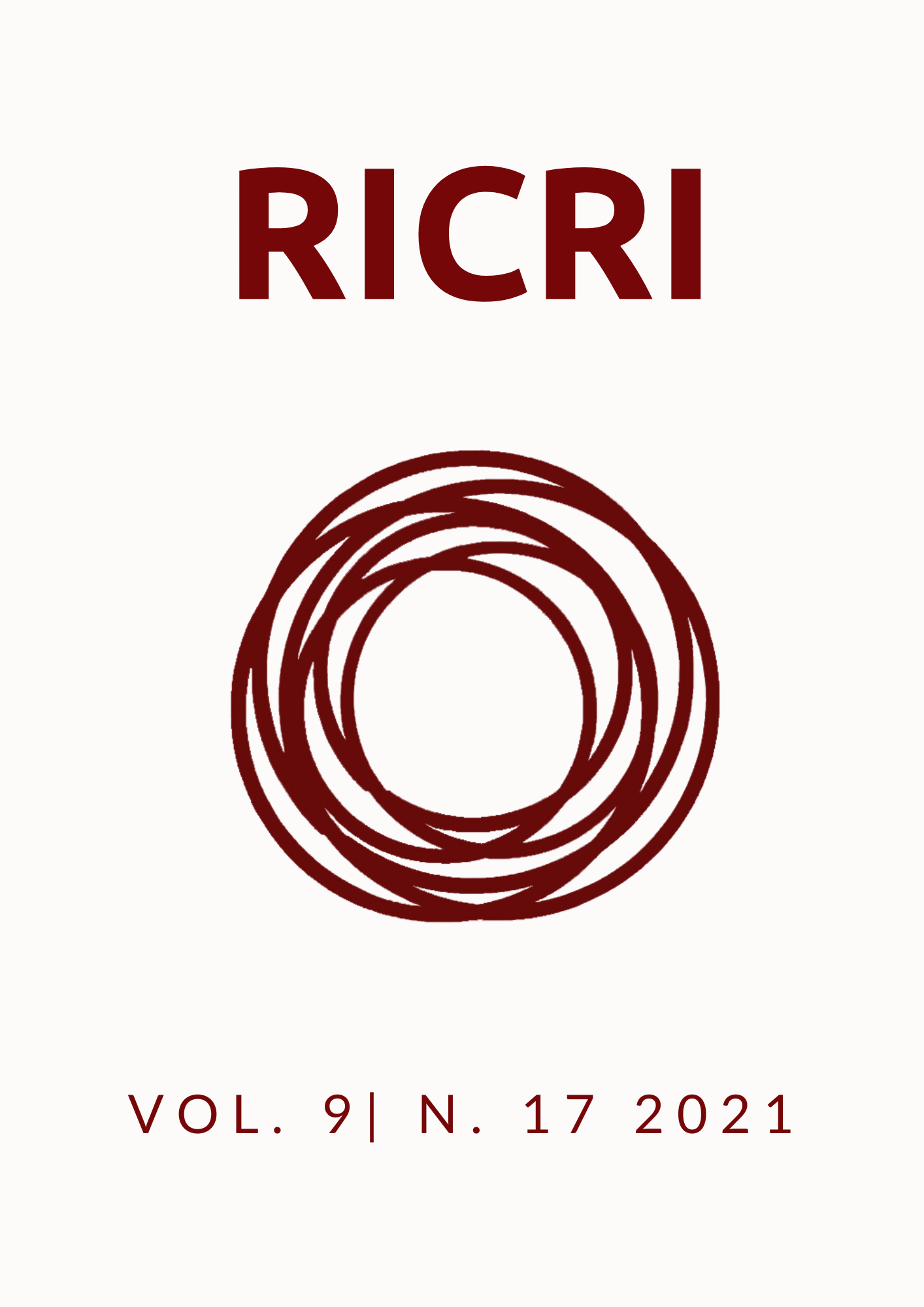O sistema nacional de inovação norte-americano
o papel do Estado na construção do complexo industrial-militar-acadêmico durante a Guerra Fria (1950-1970)
Abstract
During the Cold War, the strong state incentive to R&D, through the Department of Defense, gave rise to a coordinated network of scientific and technological institutions aimed at achieving the great American strategy called, conventionally, the industrial- military-academic complex. In this context, the present research proposes to analyze how the North American State materialized its hegemony in the post-Cold War through the articulation of the actors of this complex. To this end, the hypothetical-deductive method will be used, through bibliographic and documentary analysis, in order to analyze the causal relationship between the organicity of the American industrial-military-academic complex (independent variable) and the scope of systemic hegemony in the post- Cold War (dependent variable). The partial results show that the performance of the State is a necessary condition, but not sufficient for technological development, since the role of other actors is also elementary in fostering innovation (INUS). In this way, the analysis undertaken in this work finds theoretical consonance with the perspective of the industrial-military-academic complex, as it highlights the strategic character of the United States' innovation system to achieve its hegemony in the international system.
Downloads
Published
How to Cite
Issue
Section
License
Authors who publish with this journal agree to the following terms:
a. Authors retain copyright and grant the journal right of first publication with the work simultaneously licensed under a Creative Commons Attribution License that allows for sharing of work with acknowledgment of its initial publication in this journal.
b. Authors are able to take on additional contracts separately for non-exclusive distribution of the version of the work published in this journal (e.g., post it to an institutional repository or as a book), with an acknowledgment of its initial publication in this journal.
c. Authors are permitted and encouraged to post their work online ( eg, in institutional repositories or on their website) at any point before or during the submission process, as it can lead to productive exchanges , as well as increase the impact and citation of published work ( See the Effect of Open Access).




